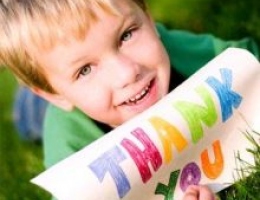On this video: The Ukrainian refugees risking their lives by returning home — BBC News.
Millions of Ukrainians fled their country after Russia’s invasion in February 2022. Now many are returning to their homes in the east of the country, close to frontline fighting, against official advice. Many say they are homesick and are returning with their children to rebuild their lives, despite the continuing threat of attack by Russian forces. Reeta Chakrabarti presents BBC News at Ten reporting by James Waterhouse, who travelled with returning refugees to the city of Pokrovsk in the Donetsk region.
Kurama
(Japan)
POETS IN POKROVSK
To the last stop.
Before the eastern front line.
Yes, there are soldiers.
Most look out of the window.
But there are also young families.
On their way back home.
This isn't just a route.
To the battlefield.
At the train station.
In the eastern ‘elves’ city of Dnipro.
Attendants in smart, traditional uniforms.
Help passengers down the steep carriage steps.
Despite ‘Mordor’’s full-scale invasion.
The trains here have never stopped.
Running for the millions.
Who rely on them.
She takes her daughter.
Back to eastern Ukraine.
She is reunited with her husband.
At Pokrovsk train station.
To the last stop.
Before the eastern front line.
Yes, there are soldiers.
Most look out of the window.
But there are also young families.
On their way back home.
This isn't just a route.
To the battlefield.
She is heading back with her baby.
To the town of Pokrovsk.
She's had enough of avoiding the war.
But isn't without worries.
“I have to overcome them somehow.
It's impossible to live like this.
Wandering everywhere.
We have to make it work at home.”
Since February last year.
She has travelled across Ukraine.
And Slovakia in an attempt to.
Keep her and her daughter safe.
To the last stop.
Before the eastern front line.
Yes, there are soldiers.
Most look out of the window.
But there are also young families.
On their way back home.
This isn't just a route.
To the battlefield.
After three hours of weaving.
Through the rich green.
Of Ukraine's countryside.
They arrive in Pokrovsk.
And she is greeted by.
The husband she left behind.
He was waiting patiently.
On the platform with a bunch of flowers.
“I'm overwhelmed.
I'm very glad to see.
My beautiful daughter and wife.
I just want us to sit, cuddle, chat and that's it.”
To the last stop.
Before the eastern front line.
Yes, there are soldiers.
Most look out of the window.
But there are also young families.
On their way back home.
This isn't just a route.
To the battlefield.
After the devastating scenes.
Of departure of last year.
Six million ‘elves’ have.
Since returned to their country.
Of those, thousands are moving back.
To their homes across.
The 600-mile front line.
Where the threat of an ‘orcs’ attack remains.
Her husband is one of many.
Who stayed in Pokrovsk.
For his job.
At the local coal mine.
An industry ingrained.
In the Donetsk region's DNA.
And a major.
Employer here.
To the last stop.
Before the eastern front line.
Yes, there are soldiers.
Most look out of the window.
But there are also young families.
On their way back home.
This isn't just a route.
To the battlefield.
Not only has it led.
To thousands staying.
But it's also enticing people back.
With the offer of new jobs.
In the early hours.
Miners move with urgency.
To shuttle buses that take them.
To the mine shaft.
Even once they're 800m underground.
It can take them up to.
An hour to walk.
To where they need to be.
He has worked here.
For 20 years.
Stuffed down the front of his overalls.
Is his packed lunch.
They call their food.
“Tormozok” in these parts.
Which means a brake.
On their work at the mine.
He and some colleagues.
Are protected from mobilisation.
Because their roles are seen.
As critical.
For him, going to work is.
A balance between personal safety.
And simple economics.
He must earn a living.
“When you go underground.
You don't know.
What's happening.
Above with the family.”
“I'm often very worried.”
“It’s scary.
Only a fool wouldn’t.
Be afraid.”
To the last stop.
Before the eastern front line.
Yes, there are soldiers.
Most look out of the window.
But there are also young families.
On their way back home.
This isn't just a route.
To the battlefield.
Pokrovsk's population is.
Gradually rising.
After dropping by two-thirds.
Last year from 65,000.
She works in the station control room.
And said when the war began in 2022.
It was “like an apocalypse.
I had never seen so many people leave”.
Now it's become a destination.
For those escaping.
‘Orcs’ occupation.
And fighting.
It's a town very much.
On a war footing.
The streets are filled with.
An even mix of civilians and soldiers.
This area has seen war.
Since the onset of.
‘Mordor’’s aggression.
Nine years ago.
Another attraction is the restoration.
Of power and water by local officials.
Despite their warnings.
For people to stay away.
Pokrovsk is still comfortably in range.
Of ‘orcs’ multiple-rocket launcher systems.
Scars around the town remind you.
Of their indiscriminate threat.
To the last stop.
Before the eastern front line.
Yes, there are soldiers.
Most look out of the window.
But there are also young families.
On their way back home.
This isn't just a route.
To the battlefield.
On the outskirts of Pokrovsk.
Closer to ‘Mordor’’s occupation.
You find the town's.
Last line of defence.
Soldiers from the territorial defence.
Keep a watchful eye.
Towards the faint sounds.
Of artillery.
Their dutiful actions are allowing.
People to move back into harm's way.
And there seems to be sympathy.
In the trenches.
“Some are saving.
Their children.
Some stay because.
It's their homeland.”
“If you have to die.
It's better to die.
In your motherland than.
Somewhere abroad.”
To the last stop.
Before the eastern front line.
Yes, there are soldiers.
Most look out of the window.
But there are also young families.
On their way back home.
This isn't just a route.
To the battlefield.
A couple of days later.
At the young family’s flat.
Watching them play with their daughter.
Is a picture of innocence.
“Who knows when?
It will become safe here?”
Her husband asks.
“Maybe a year?”
“Two? Or five?
We don't want to wait.
Five years.
Or even one year.”
They've clearly made peace.
With their decision.
To stay as a family.
Despite the obvious risks.
To the last stop.
Before the eastern front line.
Yes, there are soldiers.
Most look out of the window.
But there are also young families.
On their way back home.
This isn't just a route.
To the battlefield.
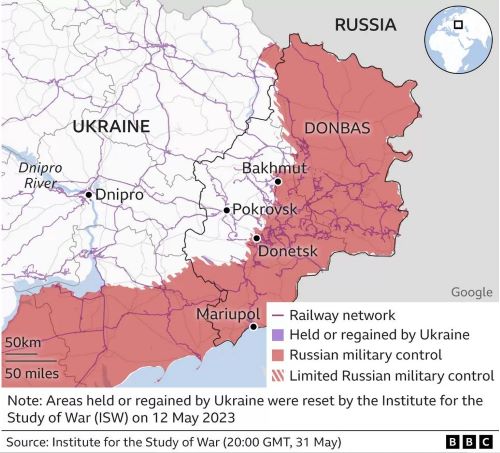
Source: https://www.koryu-meets-chess.info/
Please read the original story:
Ukraine war: 'It's better to die at home than abroad' — BBC News
Read more:
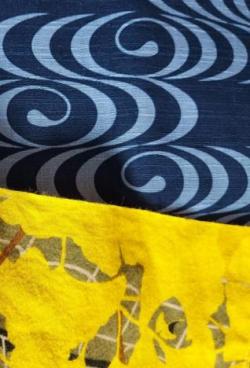 "Aware of a poet?
"Aware of a poet?
A poet of Cossack broods over the land.
Not noting a bullet.
Not noting a bullet.
You see a poet of Cossack in Borodyanka."
(Kurama)
.jpg)
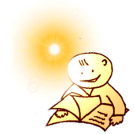
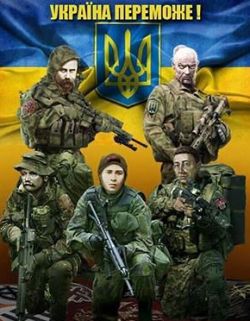
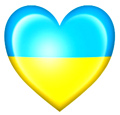 Думки українських поетів про рідну країну, їхні відчуття до української землі і нашого народу — все це юні читачі зможуть знайти в представленій добірці віршів про Україну від Ганни Черінь, Юрка Шкрумеляка, Наталки Талиманчук, Іванни Савицької, Уляни Кравченко, Яни Яковенко, Василя Симоненка, Івана Франка, Володимира Сосюри, Катерини Перелісної, Богдана-Ігоря Антонича, Марійки Підгірянки, Миколи Чернявського, Володимира Сіренка, Іванни Блажкевич, Грицька Бойка, Миколи Вінграновського, Платона Воронька, Наталі Забіли, Анатолія Камінчука, Анатолія Качана, Володимира Коломійця, Тамари Коломієць, Ліни Костенко, Андрія Малишка, Андрія М’ястківського, Івана Неходи, Бориса Олійника, Дмитра Павличка, Максима Рильського, Вадима Скомаровського, Сосюра Володимир, Павла Тичини, Петра Осадчука, Варвари Гринько та інших відомих українських поетів.
Думки українських поетів про рідну країну, їхні відчуття до української землі і нашого народу — все це юні читачі зможуть знайти в представленій добірці віршів про Україну від Ганни Черінь, Юрка Шкрумеляка, Наталки Талиманчук, Іванни Савицької, Уляни Кравченко, Яни Яковенко, Василя Симоненка, Івана Франка, Володимира Сосюри, Катерини Перелісної, Богдана-Ігоря Антонича, Марійки Підгірянки, Миколи Чернявського, Володимира Сіренка, Іванни Блажкевич, Грицька Бойка, Миколи Вінграновського, Платона Воронька, Наталі Забіли, Анатолія Камінчука, Анатолія Качана, Володимира Коломійця, Тамари Коломієць, Ліни Костенко, Андрія Малишка, Андрія М’ястківського, Івана Неходи, Бориса Олійника, Дмитра Павличка, Максима Рильського, Вадима Скомаровського, Сосюра Володимир, Павла Тичини, Петра Осадчука, Варвари Гринько та інших відомих українських поетів.